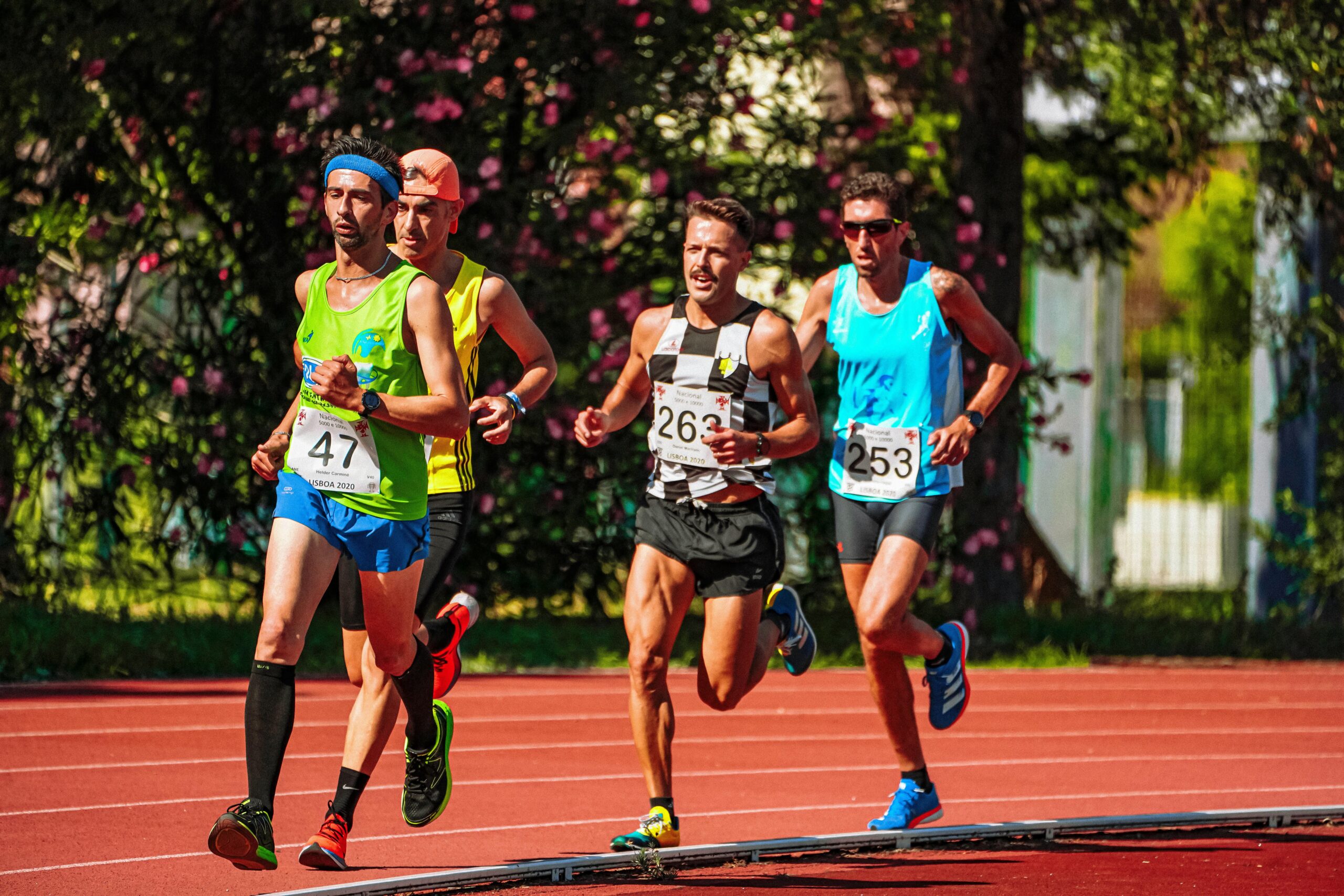Athletes require a well-balanced, nutrient-dense diet to fuel their training, enhance performance, and accelerate recovery. Meal planning for athletes is not a one-size-fits-all approach—it involves customizing meals to meet specific energy requirements, training schedules, and performance goals. Whether you’re a professional athlete or an active individual striving to maximize your potential, having a carefully crafted meal plan can make all the difference.
In this guide, we’ll explore the core principles of athletic meal planning, sample meal ideas, and tips for maintaining peak performance through proper nutrition.
Why is Meal Planning Crucial for Athletes?
Athletic performance heavily depends on the fuel you put into your body. A well-structured meal plan provides:
- Energy for Training: Carbohydrates are the primary fuel source for high-intensity workouts.
- Muscle Repair and Growth: Proteins aid in recovery and muscle building.
- Sustained Performance: Healthy fats and micronutrients support overall endurance and metabolic functions.
- Optimal Recovery: Post-workout meals help replenish glycogen stores and reduce muscle soreness.
By creating a meal plan tailored to your activity level, goals, and dietary preferences, you can ensure your body gets the nutrients it needs when it needs them.
Key Components of an Athlete’s Meal Plan
Carbohydrates: The Primary Fuel
Carbs are essential for endurance and strength-based activities.
Opt for complex carbs like whole grains, sweet potatoes, oats, and brown rice for sustained energy.
Protein: The Building Block
Include lean protein sources like chicken, fish, eggs, beans, and dairy to repair muscles and promote growth.
Aim for 1.2–2.0 grams of protein per kilogram of body weight, depending on your training intensity.
Healthy Fats: Long-Lasting Energy
Fats provide a steady energy source for prolonged workouts.
Avocados, nuts, seeds, and olive oil are excellent options.
Hydration
Staying hydrated is critical for maintaining performance and avoiding fatigue.
Incorporate water-rich foods like fruits and vegetables into your diet.
Micronutrients
Ensure you’re getting enough vitamins and minerals, especially iron, calcium, magnesium, and vitamin D, to support bone health and energy production.
Sample Meal Plan for Athletes
Pre-Workout Meal Ideas
Eating the right foods before exercise ensures you have enough energy to perform at your best.
Oatmeal with Banana and Almond Butter
Why it Works: A blend of carbs and healthy fats for sustained energy.
Whole-Grain Toast with Avocado and Boiled Eggs
Why it Works: Rich in carbs, healthy fats, and protein for a balanced start.
Greek Yogurt with Granola and Berries
Why it Works: A light option packed with protein and quick-digesting carbs.
For busy schedules, meal plan delivery services can provide pre-prepared, nutrient-rich meals to save time while maintaining your diet.
Post-Workout Meal Ideas
The post-workout window is critical for recovery. Focus on replenishing glycogen stores and repairing muscles.
Grilled Chicken with Quinoa and Steamed Vegetables
Why it Works: Protein-packed chicken for muscle repair, quinoa for carbs, and vegetables for micronutrients.
Salmon with Sweet Potato and Spinach Salad
Why it Works: Salmon provides omega-3s for reducing inflammation, while sweet potato restores glycogen levels.
Protein Smoothie with Banana, Peanut Butter, and Milk
Why it Works: Quick, convenient, and rich in carbs and protein to refuel post-workout.
Breakfast Ideas for Athletes
Kickstart your day with a nutrient-packed breakfast that sets the tone for your training.
Scrambled Eggs with Whole-Grain Toast and Avocado
Provides protein and healthy fats for sustained energy.
Overnight Oats with Chia Seeds and Fresh Fruit
Packed with fiber, slow-releasing carbs, and antioxidants.
Vegetable Omelet with Sweet Potato Hash
Combines protein and complex carbs for a hearty meal.
If you’re following a plant-based diet, consider options like a vegetarian meal plan Dubai to ensure your nutritional needs are met.
Lunch Ideas for Athletes
Midday meals should focus on replenishing energy stores and supporting ongoing recovery.
Grilled Turkey Wrap with Spinach, Hummus, and Whole-Grain Tortilla
A balanced mix of protein, carbs, and healthy fats.
Quinoa Salad with Chickpeas, Cherry Tomatoes, and Olive Oil
High in fiber, plant-based protein, and essential fats.
Baked Tofu Stir-Fry with Brown Rice and Mixed Vegetables
Perfect for vegetarian athletes seeking a high-protein option.
Dinner Ideas for Athletes
Dinner should be nutrient-dense and aid in muscle repair and recovery.
Grilled Tuna with Brown Rice and Broccoli
Tuna offers omega-3s, while broccoli adds a dose of fiber and vitamins.
Lean Beef Stir-Fry with Zucchini Noodles and Sesame Oil
A low-carb, high-protein option for weight-conscious athletes.
Baked Chicken Breast with Mashed Sweet Potatoes and Green Beans
A classic, balanced meal that ticks all the nutritional boxes.
For hassle-free solutions, opt for a monthly healthy meal plan Dubai to receive a variety of ready-to-eat dishes tailored to your athletic goals.
Snacks and Recovery Options
- Energy Bars or Protein Balls
Compact and easy to carry, they’re perfect for quick energy boosts.
- Trail Mix with Nuts and Dried Fruits
A combination of healthy fats, protein, and carbs.
- Hard-Boiled Eggs with Baby Carrots
A protein-rich snack that’s easy to prepare.
Tips for Effective Meal Planning for Athletes
Plan Around Training Schedules
Time meals to provide energy before workouts and aid recovery afterward.
Focus on Portion Sizes
Ensure your portions align with your energy expenditure.
Prepare in Advance
Batch cooking and prepping snacks can save time and reduce stress.
Stay Hydrated
Incorporate hydration strategies into your meal plan to avoid fatigue and cramping.
Seek Professional Guidance
Consult a dietitian or nutritionist to tailor your plan to your unique needs.



